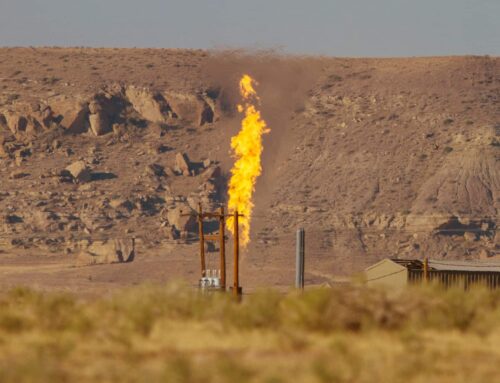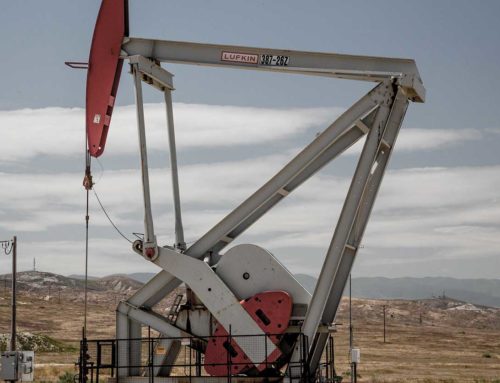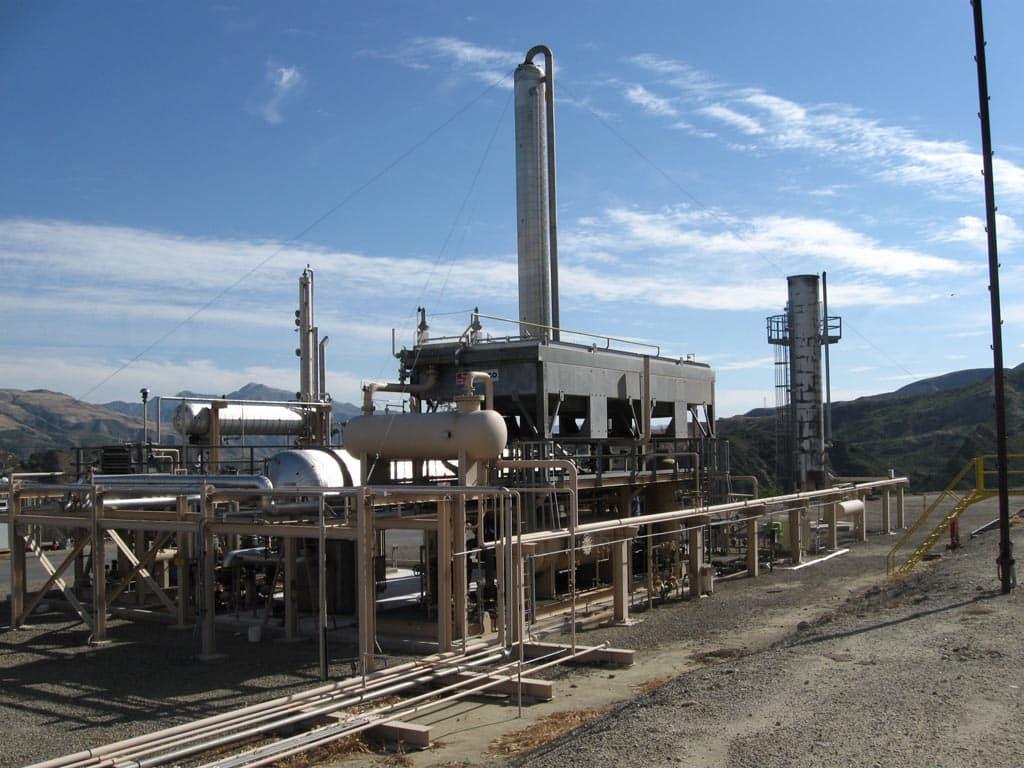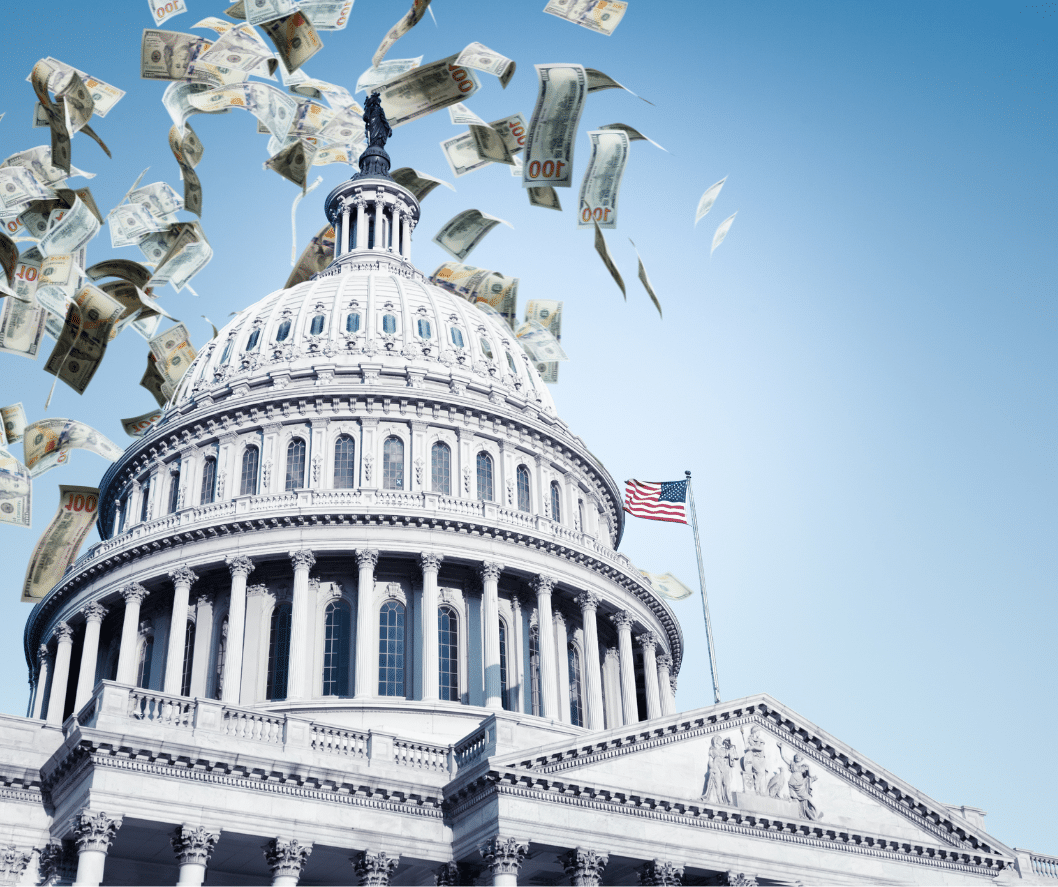Although New Mexico was a national leader in oil and gas leases, taxpayers could be losing billions due federal policies for those same leases.
A June study from finance watchdog group Taxpayers for Common Sense found that taxpayers lost up to $5.2 billion in revenue through the last decade due to “below-market” royalty rates and natural gas waste.
The study examined policies applied to leases by the federal Bureau of Land Management (BLM) and their financial returns for federal taxpayers and New Mexicans.
The biggest source of revenue lost, per the study, was from a 12.5 percent royalty rate charged by the BLM on oil and gas producers, set in 1920.
On state land, New Mexico charges between 18.5 to 20 percent, and if that was charged on federal land, read the study, the BLM could have collected between $5.2 and $5.5 billion.
“It is outrageous that outdated royalty rates lagging far behind other states have cost taxpayers billions of dollars in much needed revenue,” said Ryan Alexander, president of Taxpayers for Common Sense. “These losses are particularly startling in New Mexico, which has more federal oil and gas production than any other state.”
She said other western states also charge a higher royalty rate than the BLM and if the rate was raised, taxpayers would get their fair share.
“Federal taxpayers are sick of being suckers,” Alexander said. “The going rates for developing oil and gas in offshore waters and on state lands in Texas, Oklahoma, Wyoming, and New Mexico are all higher than what BLM charges. We’re leaving money on the table, and no one benefits but the oil and gas industry.”
Natural gas waste in New Mexico was also a source of millions in lost revenue, read the report, as 86.6 billion cubic feet was lost in the last decade, worth an estimated $320 million, yet the BLM reported collecting just $20 million in royalties.
In 2016, the BLM finalized its Waste Prevention Subject to Royalties, also know as the Venting and Flaring Rule, which called on producers to limit gas waste on federal lands while investing in better gas capturing technology.
Under the administration of President Donald Trump, the rule was mostly rescinded in 2018.
This caused methane emissions to climb in 2018, after declines in 2016 and 2017, read the report.
“Using New Mexico state emissions data, Taxpayers for Common Sense found that emissions increased more than 10 percent in fiscal year (FY) 2018 after dropping in Fiscal Year 2016 and Fiscal Year 2017, yet (Department of Interior) collected fewer royalties on gas waste,” the report read.
“It’s the first evidence that the rescission of the BLM’s 2016 Methane Waste Rule will allow for more methane waste from federal lands without collecting more royalties on it.”
Alexander also blamed rental rates, which haven’t changed since 1987, for further lost revenue from oil and gas operations on federal lands.
She said if the rental rates were updated to follow inflation, taxpayers would get $19 million more than what the BLM collected in the last decade.
Rental rates are shared between the federal government and the states where operations occur.
This could have led to up $2.5 billion more for New Mexicans if not for the “outdated” rental rates, royalty rates and natural gas waste.
“This is a broken oil and gas leasing system that continues to cost taxpayers billions in revenue from the federal resources we all own,” Alexander said.
But raising the rates could prove devastating to investment in the booming Permian Basin and across New Mexico, said Robert McEntyre, spokesman for the New Mexico Oil and Gas Association.
Oil and gas production is a little more than 50 percent on federal land, with about 40 percent state and 10 percent private.
McEntyre said any change in federal policy, such as raising royalty rates, could dissuade investors from producing oil and gas on federal land, which New Mexico depends on.
“If you raise the cost of doing business, it could drive investments away from federal lands,” he said. “This is a key differentiator for New Mexico. New Mexico it ultimately dependent on federal land. If we see huge policy changes, people could choose to leave New Mexico.
“These investment decisions are not made in a vacuum.”
Instead, McEntyre said the federal government should make oil and gas leases easier to acquire to provide a quicker return to taxpayers.
He said the BLM recently built up a backlog of lease applications, sometimes taking more than a year to approve.
“It was taking a significant amount of time for them to create returns for the taxpayers,” McEntyre said. “The focus should be places on revamping and updating the processes to make it easier and more streamlined to do business on federal land.”
He commended Trump’s administration for putting forth effort to approve more oil and gas leases quicker, and generate more revenue for the American people – even rural oil and gas host communities like Carlsbad and Hobbs.
“Things are working right now,” McEntyre said. “If it’s not broke, don’t fix it.”










